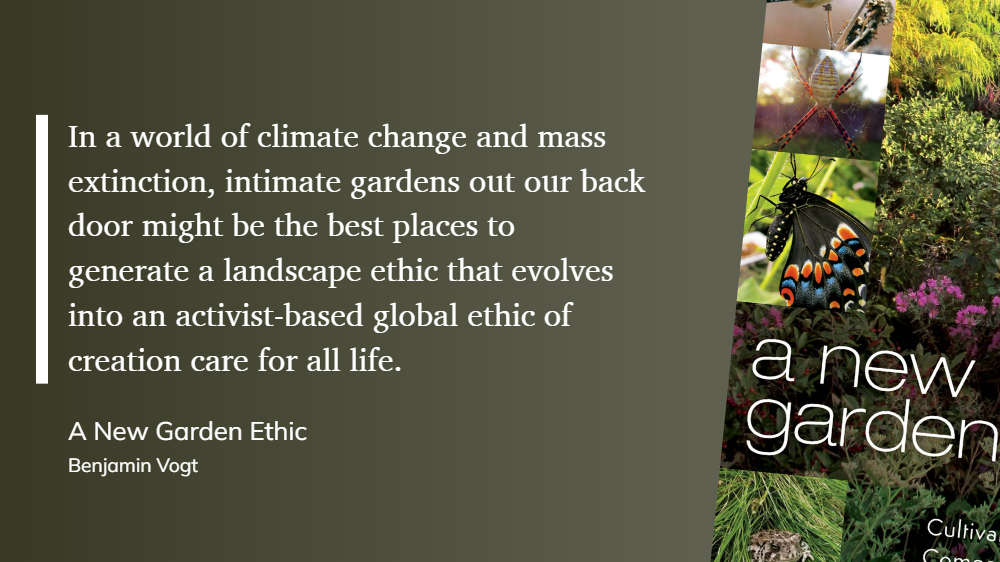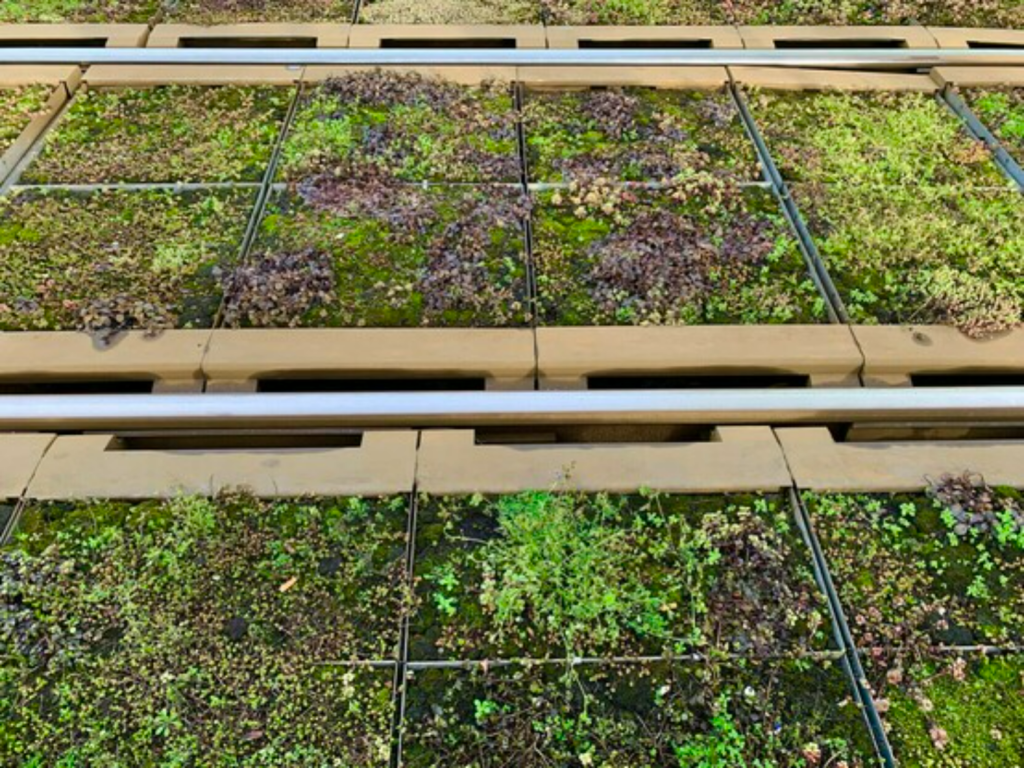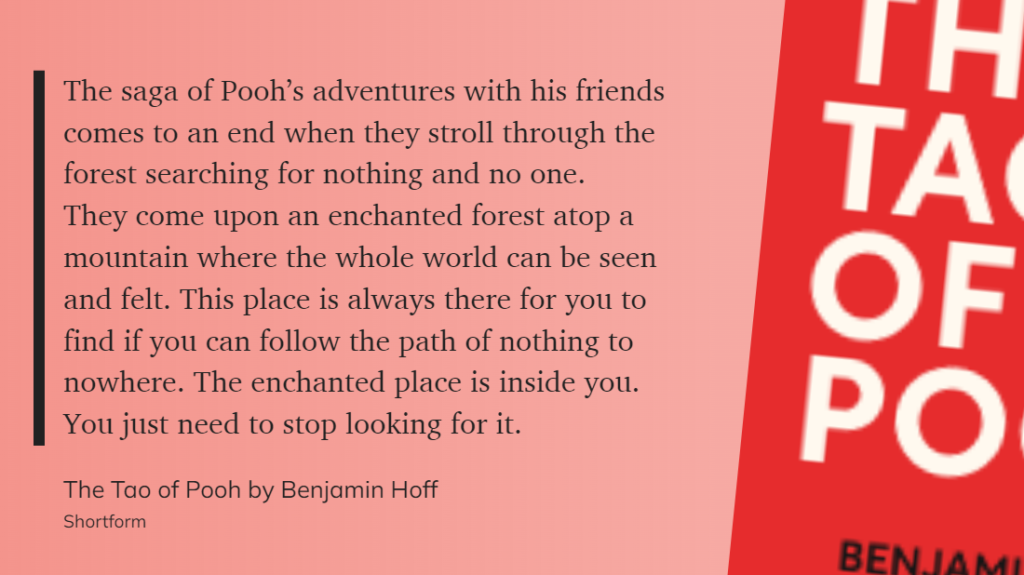This week’s five explorations at the intersection, of nature, art and wisdom.
Dam good artists
I’m lucky to live in a place with plenty of beavers. Indeed, beavers made this place, creating wetlands where there were none. Take a look at this article: a list, with pictures, of the best beaver dams the author found in 2022. Are beavers nature’s artists? Is each dam’s wabi-sabi construction beautiful? I think so. The author, Ben Goldfarb, describes one dam as, “Simple, elegant, economical – a haiku made of wood and rock.”
But more than that: we often talk about rewilding – humans getting out of the way and letting (or helping) nature claim land back. That all sounds great, but nature changes landscapes too. Beavers, as nature, create ecosystems. Can humans follow the beaver’s lead and change landscapes for the benefit of everyone, including the other-than-human people?
Link: https://www.lastwordonnothing.com/2022/12/30/the-best-dam-year-end-list/
Life out the back door
I’m loving the book A New Garden Ethic by Benjamin Vogt. He’s a big influence on my plans for the Lucas House naturalization project. The book speaks to how we can do our bit for the biodiversity crisis by creating native plant gardens. It goes further than that, getting into our broken relationship with nature.
As with the beavers, we can change the landscape, as long as we act from a nurturing perspective. The wonderful thing about a garden is that the care for life starts in our backyards. A naturalized garden is nature + art + a mulch of wisdom.

Link: https://www.monarchgard.com/books.html
Intimations of the transcendent
Matthew Walther, writing in the New York Times, is convinced T. S. Eliot finished poetry off. I don’t know about that. He says this, however:
We stopped writing good poetry because we are now incapable of doing so. The culprit is not bad pedagogy or formal experimentation but rather the very conditions of modern life, which have demystified and alienated us from the natural world.
Poetry Died 100 Years Ago This Month, by Matthew Walther
This I can buy into. Also this:
It was a natural world alive with intimations of the transcendent that could be evoked, personified and filtered through one’s subjective experience.
Poetry Died 100 Years Ago This Month, by Matthew Walther
And this:
Absent the ability to see nature this way — as the dwelling place of unseen forces, teeming with images to be summoned and transformed, as opposed to an undifferentiated mass of resources to be either exploited or preserved — it is unlikely that we will look for those images in the work of Homer or Virgil, and even less likely that we will create those images ourselves.
Poetry Died 100 Years Ago This Month, by Matthew Walther
Oh yes, the transcendent. Source of all great art. Nature gets us there.
Gift link, bypasses paywall: https://www.nytimes.com/2022/12/29/opinion/eliot-waste-land-poetry.html
Off the rails?
I’m into green infrastructure these day – replacing concrete paving and pipes with natural solutions. Take a look at these plants around tram lines in Manchester, UK, posted by Ben Hoare. Can we bring natural artistry to our grey lives?

Link: https://newsie.social/@BenHoare@toot.community/109598018346579213
The path of nothing to nowhere
As someone who considers himself Taoist-adjacent, I’m a big fan of Benjamin Hoff’s book, The Tao of Pooh. So I will leave you with this:

“The enchanted place is inside you. You just need to stop looking for it.”
Truth.
Link: https://bookshop.org/p/books/the-tao-of-pooh-benjamin-hoff/16618380?ean=9798200083503